Building a Brighter World
Volunteer linemen bring electricity to Bolivia
By Lindsey Listrom | Photos by Studio 1441Against a perfect blue sky, linemen work atop a line of power poles on a grassy mountainside in central Bolivia. Shiny new wire is being pulled up between the poles, gleaming in the sunshine.
The lineman are volunteers who have traveled 3,700 miles from their families in North Carolina. Their mission: to connect the rural village of Laphía to electricity for the first time. Because of their efforts through the Brighter World Initiative in the spring of 2019, the 120 residents of Laphía now have power for their homes and school, and the promise of a better tomorrow.
Here to bring power
“Our goal is to bring power to the people of Laphía and to make a difference for their future,” says Eddie Stephens of Blue Ridge Energy in Lenoir, crew leader for the project.
The project is a collaborative effort of North Carolina’s electric cooperatives, and one of many global projects coordinated by NRECA International. A pioneer and leader in global rural electrification, NRECA International has brought electricity to more than 160 million people in 44 developing countries since it was founded by America’s electric cooperatives in 1962.
“The mission of cooperatives is to make life better for others, and we’ve done that in North Carolina and and beyond,” says Alan Merck, chief operating officer of Blue Ridge Energy. “There are so many people in other countries who still do not have electricity — something that we take for granted, day in and day out.”
A world of benefits
According to the International Energy Agency, more than one billion people live without electric power around the world. Only 66 percent of rural Bolivians had access to electricity as of 2016.
“It’s hard to believe that there are people out in the world that don’t have power,” says Tommy Brock, a volunteer from Surry-Yadkin EMC in Dobson. “They need it, and they don’t have it.”
Laphía is accessible only by a narrow, winding gravel road deep in the El Tunari mountain range. The bustling city of Cochabamba is visible in the valley below Laphía, but the community’s remote location and rugged terrain had previously made access to electricity inconceivable.
Benjamin Vargas, the leader of Laphía, says the village will grow because of the many benefits electricity brings.
“Our children will be able to write and do their homework with light,” Benjamin says, in Spanish. “Other types of work will now be easier to perform using the proper machinery. Before electricity, we didn’t have that option. It will also give our children a way to improve their education and better themselves.”
Thin air, steep terrain
The job of a linemen is physically demanding, no matter where the work takes place. In Laphía, work was at an elevation of 11,600 feet, and the thin air made climbing poles, lifting heavy transformers and equipment, and dragging wire over steep terrain even more difficult. With no power nor bucket trucks available, all of the work was done by hand.
“The terrain was tough, but we worked through it,” says volunteer Russ Flythe of Roanoke Electric in Aulander. “That’s what we do as linemen. We work through things.”
The rising power lines were a welcome addition among the small, adobe-brick homes and pastures of flowers, potatoes and onions, the primary produce of the agricultural community.
In the village, word had traveled fast that the volunteers were coming, and excitement over the prospect of electricity was high.
“The locals really wanted power,” Russ says. “They were standing on top of the hill every morning, and as soon as we parked, they were here trying to figure out what they can do next to help.”
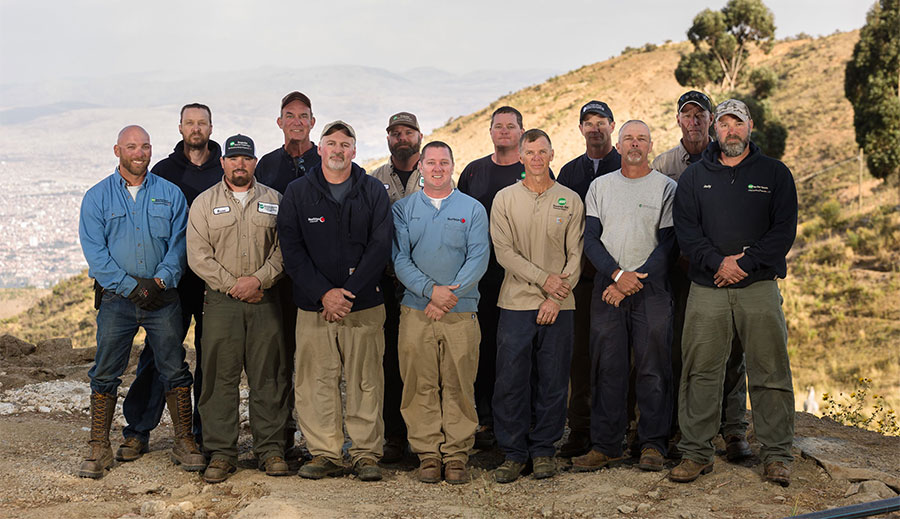
Above, top: A Bolivian villager in Laphía. Above, bottom: (Left to right) Derek Avery, Tim Williams, Russ Flythe, Tommy Brock, Eddie Stephens, Jamie Elliott, Jerry Gregg, Tim Williamson, Dennis Kidd, Eric Sawyers, Sammy Clark, Steve Preslar and Jody Keane
They helped however they could — by pulling wire, digging holes for poles and anchors, raising poles by hand and learning how to assemble the power line infrastructure.
For the linemen, the most daunting challenge of the project was crossing a 2,100-foot ravine. To connect the village to the power grid, two spans of wire would need to stretch between two H-shaped wooden structures anchored to each side. The terrain was so rugged, overgrown and steep that there was no clear path across.
On the second day of work, locals met the volunteers at the far side of the ravine. They grabbed the wire and started down the hill, threading back and forth out of sight, calling “pull!” to each other in Spanish. They emerged at the top of the other side in a field of pea plants, where more volunteers were waiting to connect the spans. The biggest challenge of the project was finished.
Grateful and happy
Over the next two weeks, crews constructed more than five miles of power lines, and in the final days of the project, volunteers wired the school for lights.
To celebrate the moment those lights came on, community members, local leaders and volunteers gathered at the school. Volunteers shared gifts of school supplies, books and soccer balls with the children. Villagers presented the volunteers and translators from NRECA International with brightly colored, traditional ponchos and hats. When crew leader Eddie Stephens flipped the breaker, cheers, applause and fireworks rang out as the light bulbs illuminated.
“We didn’t have something so basic as power,” Benjamin says. “Our whole village feels very grateful and happy. We never thought something like this could be possible.”
Making life better
Volunteers agreed the experience was one they won’t forget.
“Seeing their way of life, the difference between what they have and what we have, really left an impression on me,” explains volunteer Sammy Clark of Edgecombe-Martin County EMC in Tarboro. “It makes you grateful for what you have.”
Jody Keane of Wadesboro-based Pee Dee Electric says he’ll most remember the expressions of “excitement and joy” on the faces of the villagers when lights came on, and knowing it will change their lives.
Eric Sawyers, volunteer from Surry-Yadkin EMC, says the people, and especially the children, impacted him the most. “They just smiled when we were there,” he remembers. “All the people seem like they really appreciate what we’re doing.”
And for Eddie Stephens, the dedication of the crew stands out. “The men wanted to see this project through, and they worked hard. They are from different co-ops, but they worked as one cooperative family.”
Eddie also notes the impact on the villagers — that children can now study past dark and use a computer at school, and families will be able to access the advantages and economic opportunities of having electricity.
“The people of Laphía are hardworking and determined, and they have a good life,” Eddie says, “but this is going to help them a lot.”
Alan Merck says projects like the Brighter World Initiative connect back to why cooperatives were formed in the first place: to make life better.
“These linemen run wire every day, but what they did for this village is more than running wires,” Alan says. “They built relationships, and they have improved the lives of folks a quarter of the way around the world. Their lives have changed as much as the people they have helped.”

Sopa de Maní (Peanut Soup)
The villagers in Laphía shared this traditional recipe with Carolina Country readers. Try your hand at this wonderful, savory soup.
About the Author
Lindsey Listrom is the communications and media relations manager for the North Carolina's Electric Cooperatives.-
From Carolina to Laphía
-
Share this story:

.jpg)
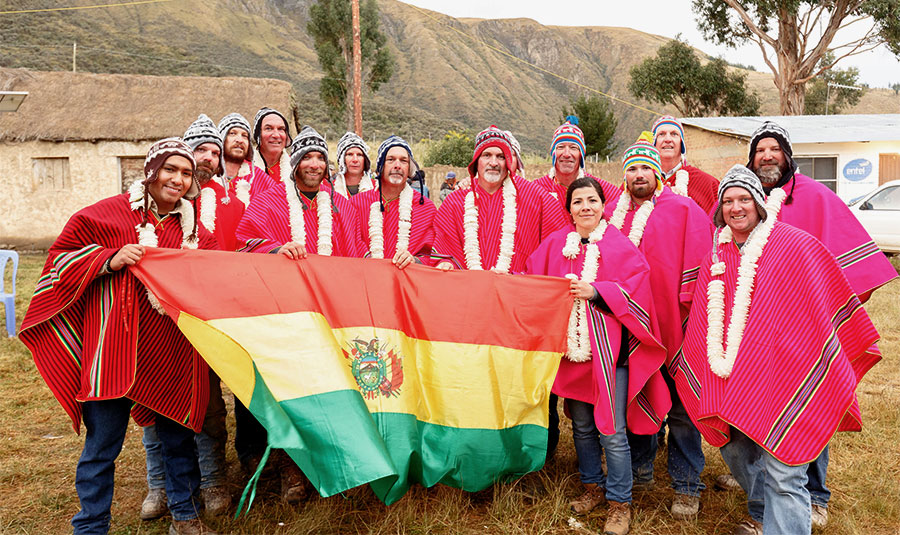
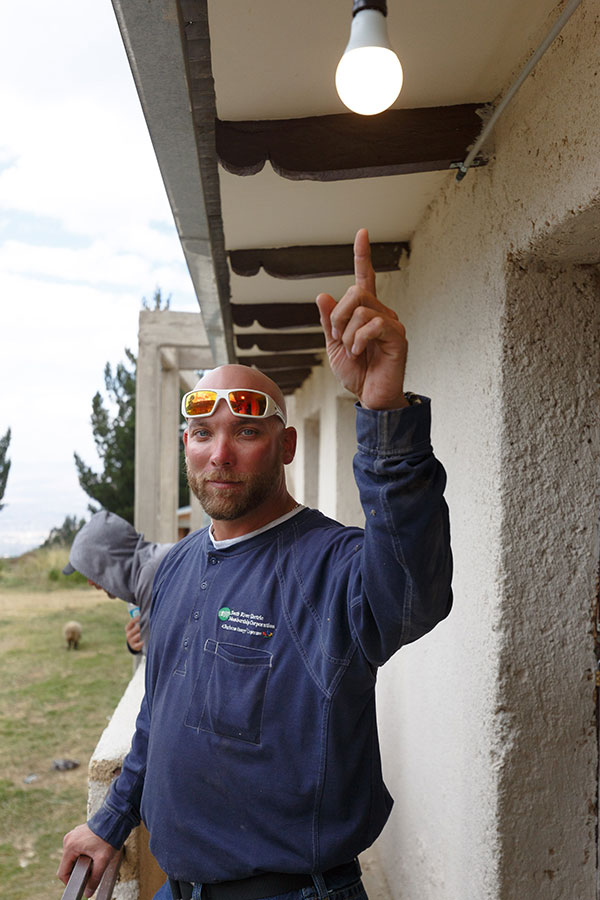
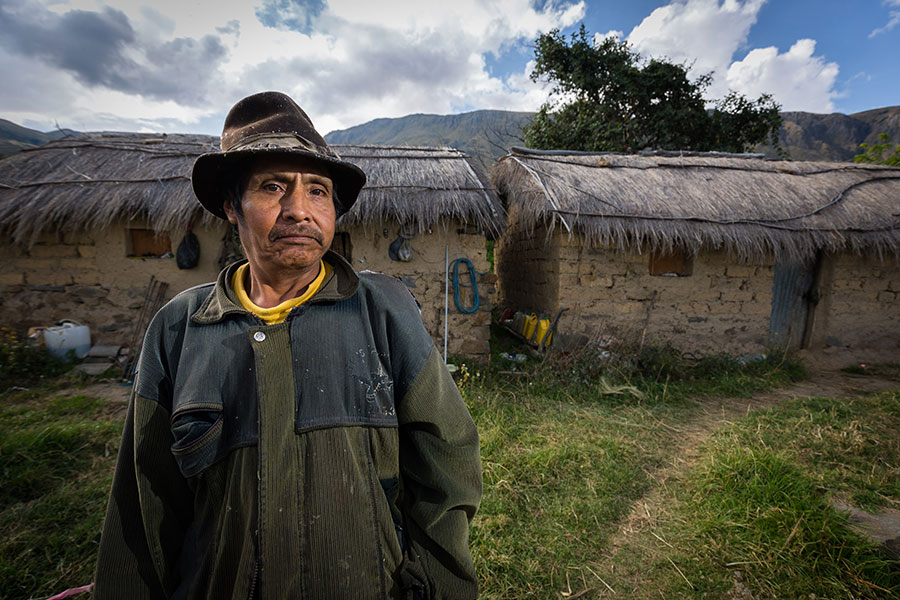
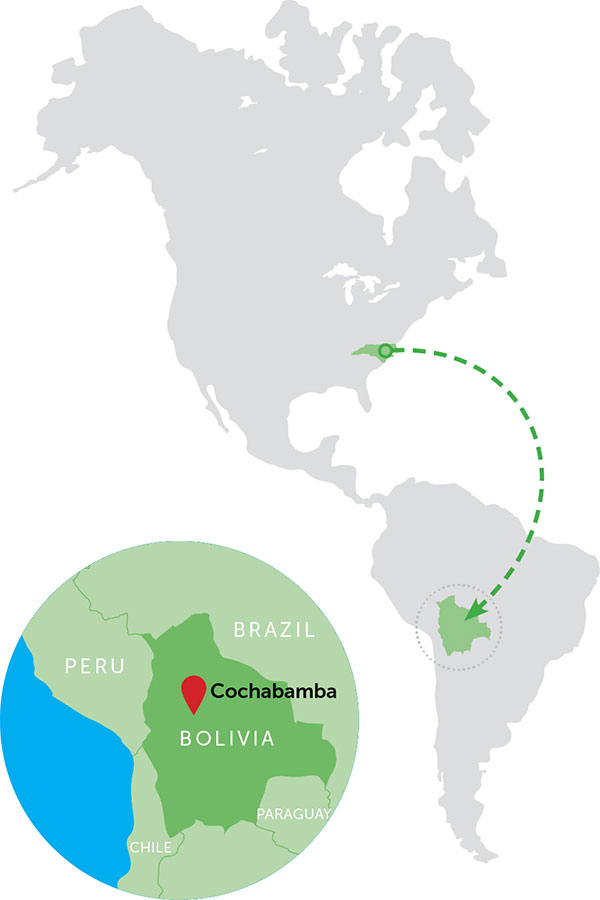
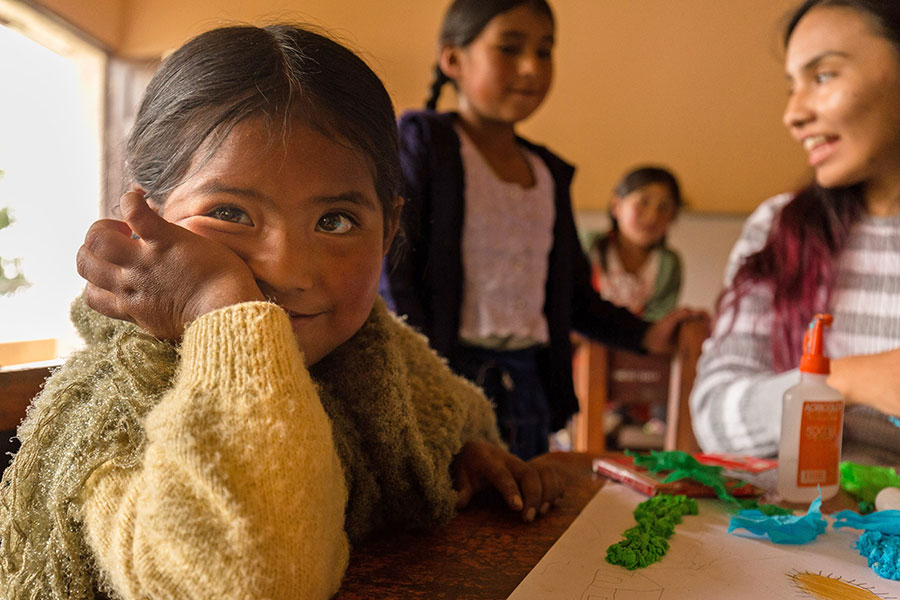
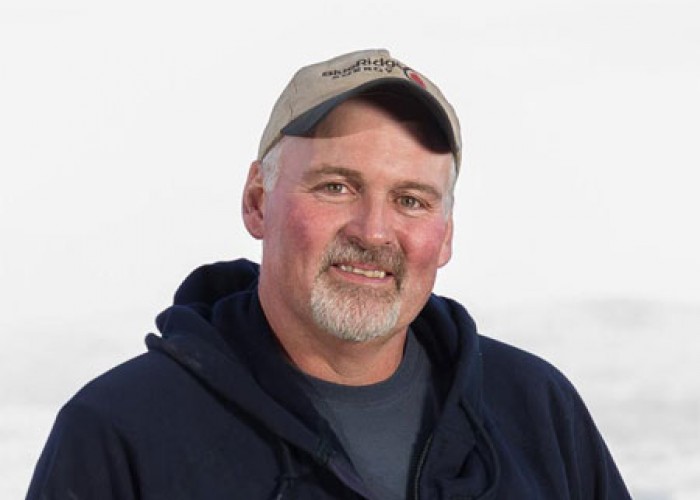
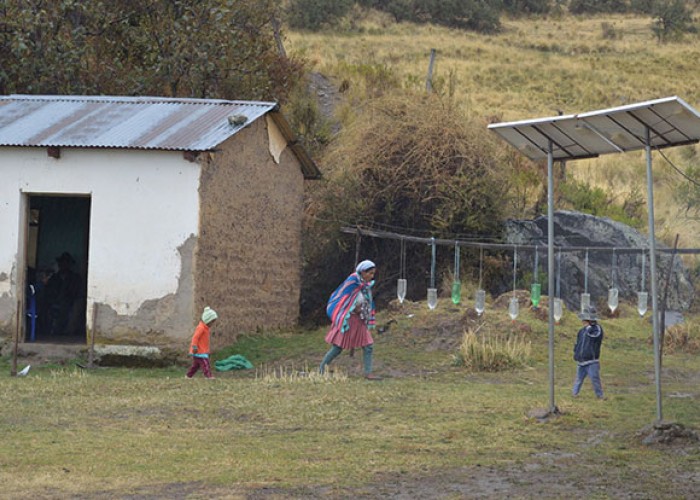
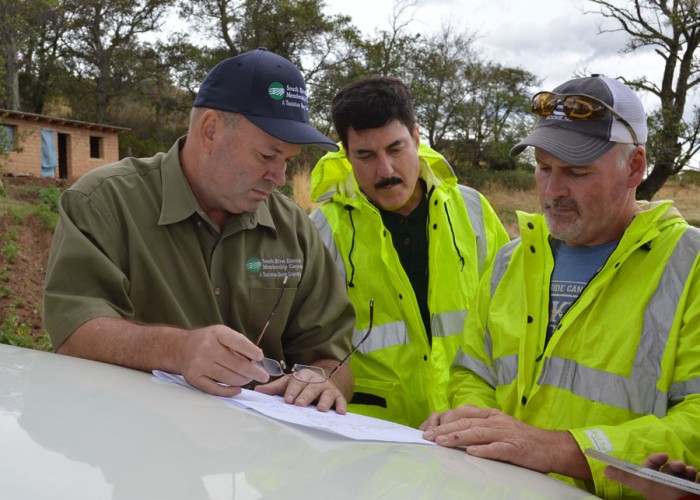


Comments (1)
Cyndi |
July 27, 2019 |
reply